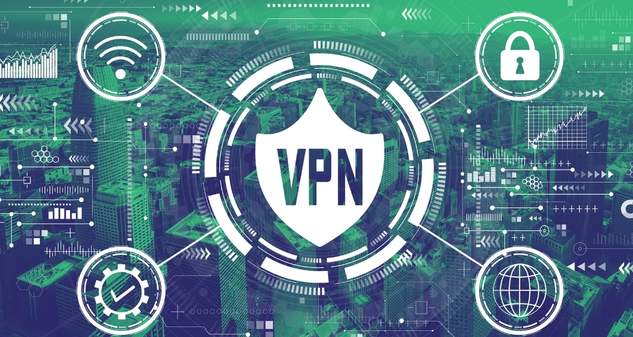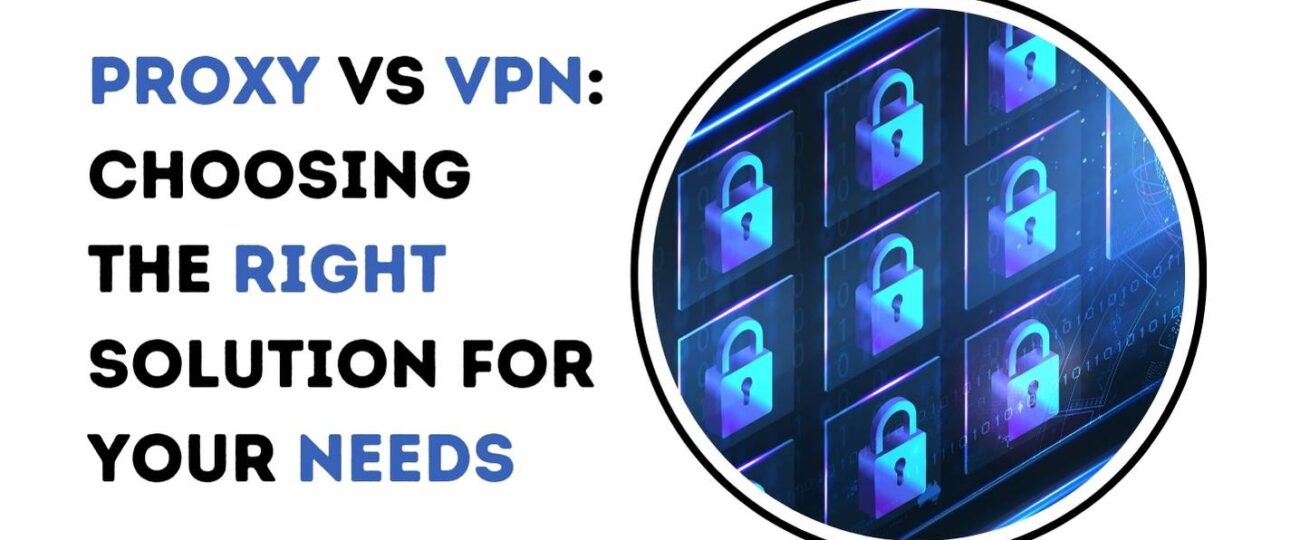As you navigate the digital landscape, protecting your online privacy and security has become increasingly crucial. Two popular tools for safeguarding your internet activity are proxies and VPNs. While both serve to mask your IP address and enhance your online anonymity, they differ significantly in their functionality and level of protection. Understanding these differences is essential for choosing the right solution to meet your specific needs. In this article, you’ll explore the key features of proxies and VPNs, compare their strengths and weaknesses, and gain valuable insights to help you make an informed decision about which option best aligns with your online privacy and security goals.
What is a Proxy and How Does it Work?
A proxy server acts as an intermediary between your device and the internet, routing your web requests through its own IP address. This key component in the proxy vs VPN debate offers several benefits for users seeking enhanced online privacy and security.
How Proxy Servers Function
When you use a proxy, your internet traffic is redirected through the proxy server before reaching its final destination. This process effectively masks your original IP address, making it appear as though the request is coming from the proxy server instead. According to Fortinet, this setup provides enhanced security by acting as a firewall and filtering content, protecting your computer and network from various cyber threats.

Types of Proxy Servers
There are several types of proxy servers, each designed for specific use cases:
- Forward proxy: Sits in front of clients and routes traffic for internal network users
- Transparent proxy: Connects users seamlessly without their knowledge
- Anonymous proxy: Focuses on making internet activity untraceable
- High anonymity proxy: Erases all user information before connecting to websites
Palo Alto Networks notes that while proxies offer numerous advantages, they also have limitations. For instance, they typically lack encryption, potentially exposing data to interception. Additionally, proxy servers may log user activity, raising privacy concerns.
Understanding these aspects is crucial when comparing proxy vs VPN solutions for your online privacy and security needs.
Understanding VPNs: Definition and How They Operate
A Virtual Private Network (VPN) is a powerful technology that creates a secure, encrypted connection between your device and the internet. According to Cisco, VPNs establish an encrypted tunnel that allows users to access a corporate network or the internet safely from remote locations.
How VPNs Work
When you use a VPN, your internet traffic is routed through a private server instead of your regular internet service provider (ISP). This process effectively hides your IP address and location, making it difficult for third parties to track your online activities or steal your data. If you’re looking for a VPN recommendation, consider choosing one that provides strong encryption and reliable servers. The VPN server acts as an intermediary, encrypting your data before sending it to its final destination.

Types of VPNs
There are several types of VPNs designed for different purposes:
- Remote access VPNs: These connect individual devices to a corporate network, enabling secure remote work.
- Site-to-site VPNs: These link different office locations over the internet, facilitating secure communication between branches.
- SSL VPNs: These allow remote access to company resources using a web browser.
Kaspersky notes that VPNs can be set up using client software, browser extensions, or by configuring your router. When choosing between a proxy vs VPN, it’s important to consider your specific needs and the level of security required.
Advantages of Proxies
- Speedy performance for tasks like bypassing content filters.
- Affordable and often free options available.
Advantages of VPNs
- Superior security with encrypted connections.
- Ability to access geo-restricted content, such as streaming services.
Common Use Cases for Proxies
- Scraping data from websites without revealing your IP.
- Accessing restricted websites in schools or workplaces.
Common Use Cases for VPNs
- Securely handling sensitive transactions like online banking.
- Streaming content unavailable in your region.
Limitations of Proxies
- Lack of encryption leaves data vulnerable.
- Limited capabilities for advanced security needs.
Limitations of VPNs
- Encryption can slow down internet speeds.
- Monthly subscription costs may deter budget users.
Which One Should You Choose?
Factors to Consider
- Purpose: If security is key, go for a VPN. For quick, simple tasks, a proxy might suffice.
- Budget: Proxies are cost-effective, while VPNs provide more value for security.
- Technical Needs: Advanced needs often call for VPNs.
Conclusion
Both proxies and VPNs have their strengths and weaknesses. The choice boils down to your specific needs—whether it’s speed, privacy, or budget.
See Also: Unmasking the Intricacies of Cheap Residential Proxies: A Deep Dive into Proxy Networks










